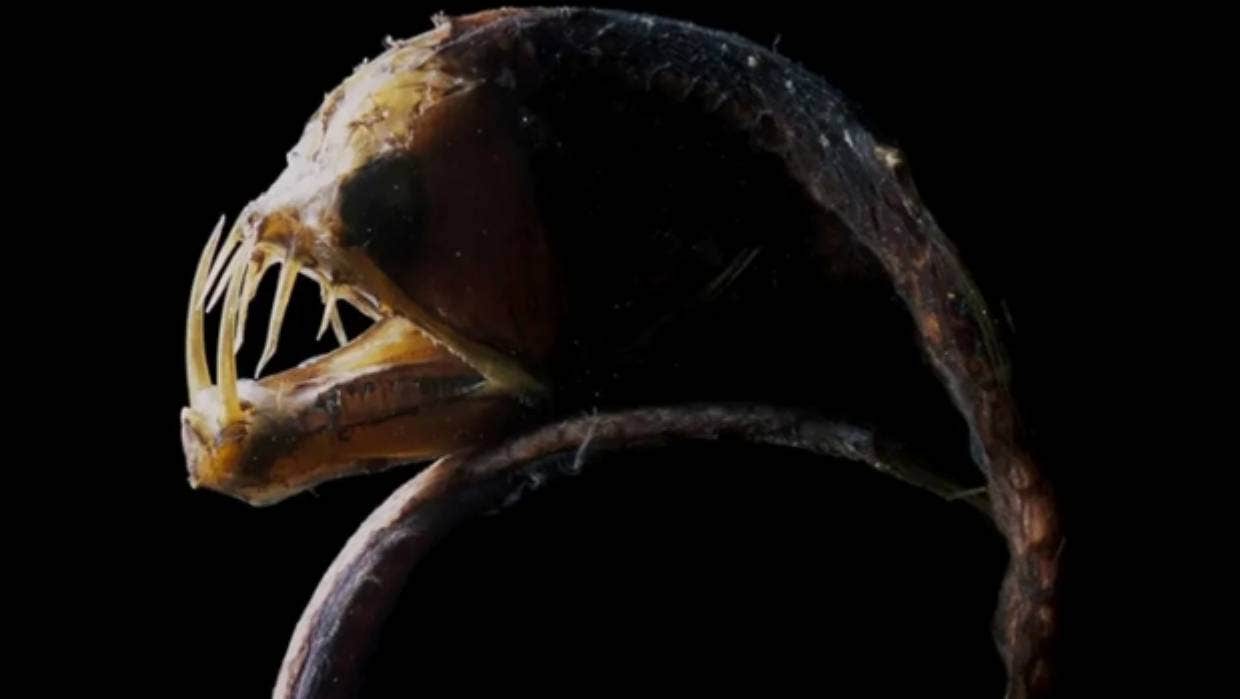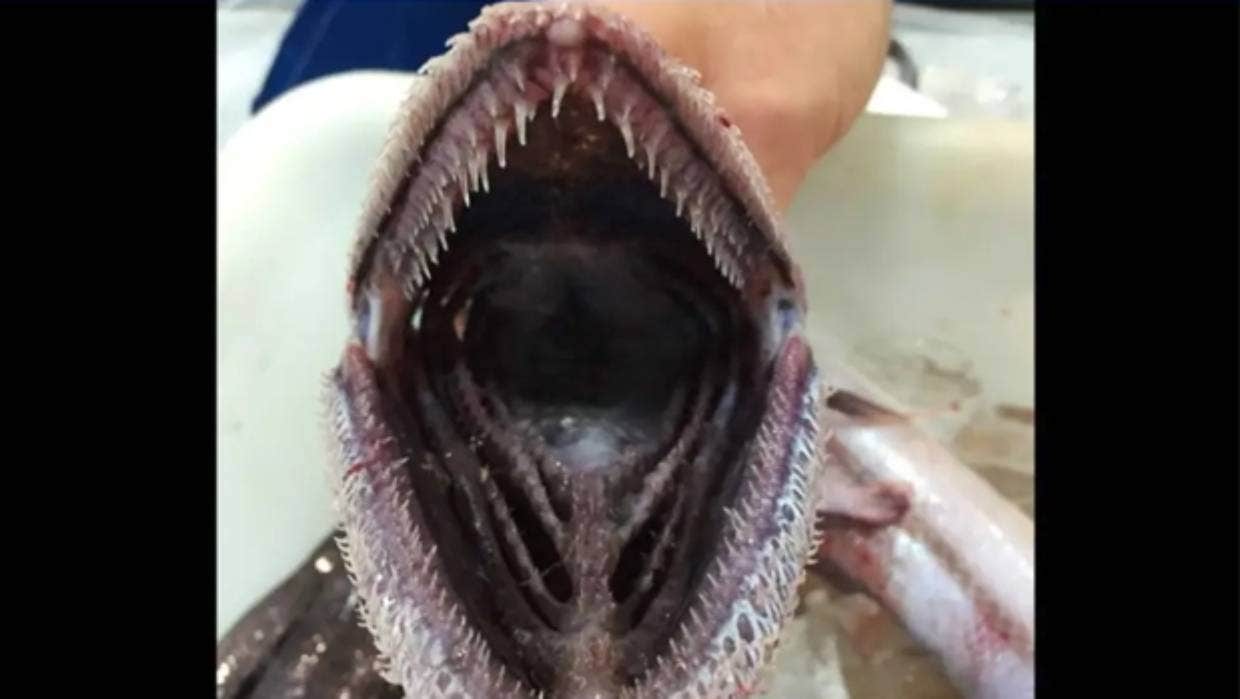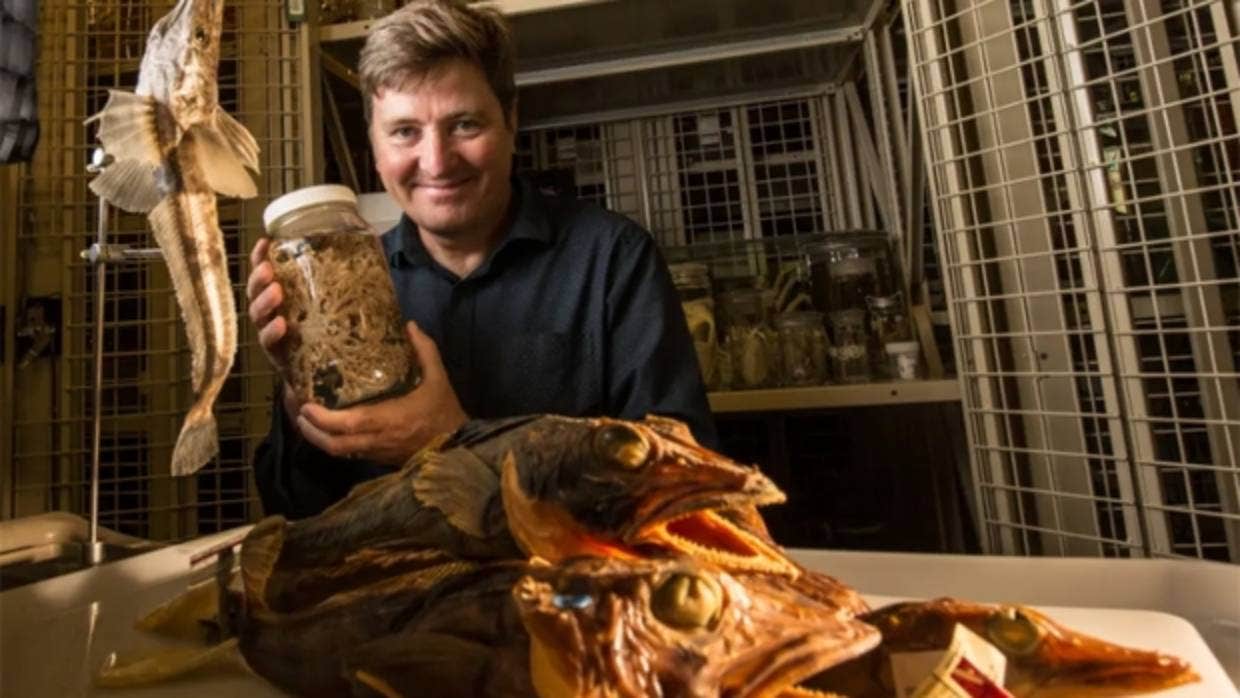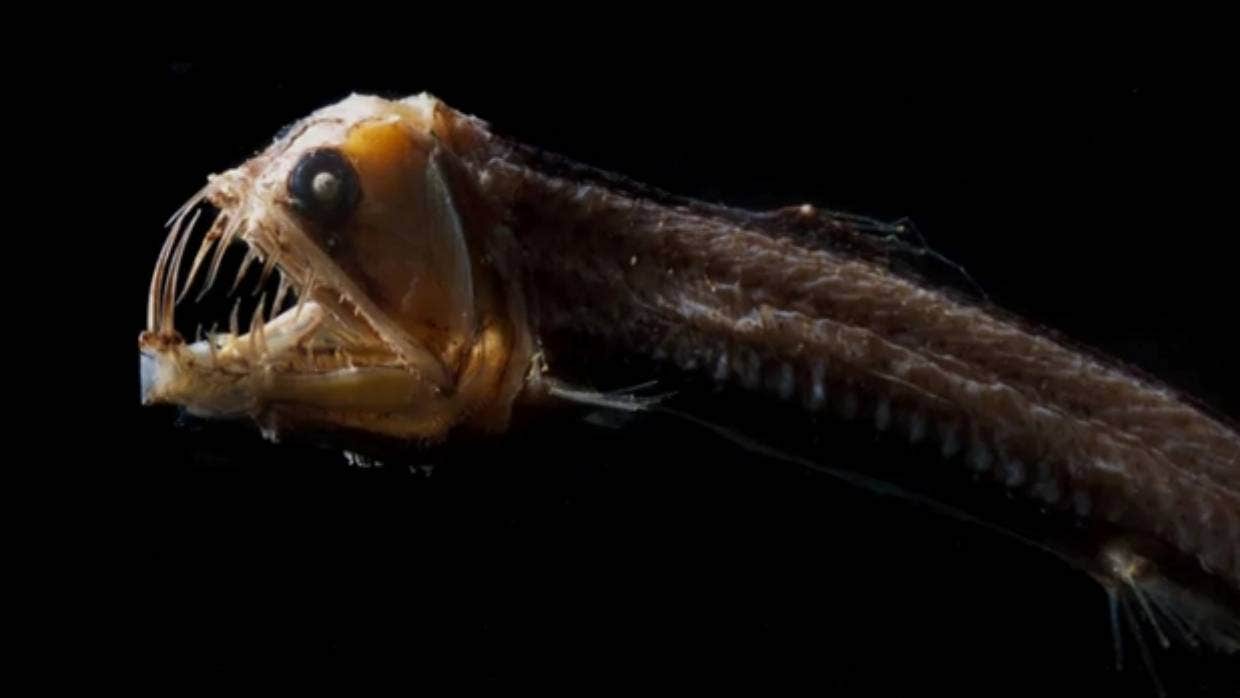Australian scientists discovered animals evolving into strange and sometimes monstrous new shapes and forms beneath the Antarctic ice, in the pitch-black depths of the ocean.
Life, these scientists believe, is experimenting in the frigid Antarctic waters, and animals there are evolving at a much faster rate than anywhere else on the planet.
And the strange creatures are migrating to other parts of the world by riding deep-sea currents.
Brittle stars are spiny, starfish-like creatures that are rapidly changing color and shape, experimenting with different sizes, and constructing nets filled with razor-sharp spikes to catch fish.
Some sea urchins are experimenting with new reproductive techniques, such as giving birth to live young rather than dropping eggs into freezing water.
Fish, shellfish, and sea stars are all changing.
Why all of this evolution is taking place is unknown, but scientists believe it may reveal evidence of a mass extinction event that occurred millions of years ago and from which life in the deep is only now recovering.

Dr Tim O’Hara, a senior curator at Museums Victoria, and a CSIRO team have spent the last few years taking boats out into the treacherous conditions of the Southern Ocean, fishing up to four kilometers beneath the surface for some of the most extreme animals on the planet.
A nuclear submarine, by contrast, can dive to a maximum depth of 500 meters.
They’ve discovered giant creatures with fishing rod heads, zombie worms, bioluminescent sea stars, meat-eating sponges, and tripod-fish, which walk through the ocean on stilt-like legs.
By combining the findings of those studies with genetic data and hundreds of thousands of animal sighting records from museums around the world, they were able to create, for the first time, a comprehensive atlas of animal sightings.

Brittle stars resemble their starfish relatives in appearance.
They lack a brain and eyes, but their long, spiny arms allow them to detect prey in the water and swim toward it.
Others use their spiked arms to catch any fish that dares to get too close, pulling the fish in towards their mouths.
Brittle stars appeared to be evolving much faster in Antarctica than anywhere else on the planet, according to the researchers.
If it’s true for brittle stars, it’s probably true for other species as well.
Their startling discovery, published in the journal Nature on Thursday, suggests that there has been an explosion of life in the deep waters off Antarctica, with new species being pumped out into the world’s oceans.
It challenges the long-held belief that evolution occurs much faster in the warm tropics than in the cold Antarctic.
“Antarctica is destroying the species,” O’Hara says.
“The tropical deep sea is more akin to a museum. It’s extraordinary – and not at all what people expected.”
Another paper published in Nature in July of last year discovered a similar polar evolutionary hotspot for fish.

The majority of the creatures’ evolution occurred in their internal organs, with innovations such as “anti-freeze blood” adapting them to cold temperatures.
“External appearances will come later – mutations, different color and arm size experiments,” O’Hara says.
Deep-ocean currents were then transporting these newly evolved life-forms all over the world.
What is causing this evolutionary frenzy? Nobody knows, but O’Hara believes it is a mass extinction event.
Around 33.5 million years ago, the Earth’s poles began to cool by about 15 degrees.
This resulted in the formation of the polar ice caps, which eventually killed nearly everything living in the surrounding ocean.
This void has created plenty of room for new creatures to emerge, and life is rapidly evolving to fill it.
Given another 10 million years, certain life-forms will prove more adaptable and will triumph.
O’Hara predicts that they will eventually dominate the deep ocean.






